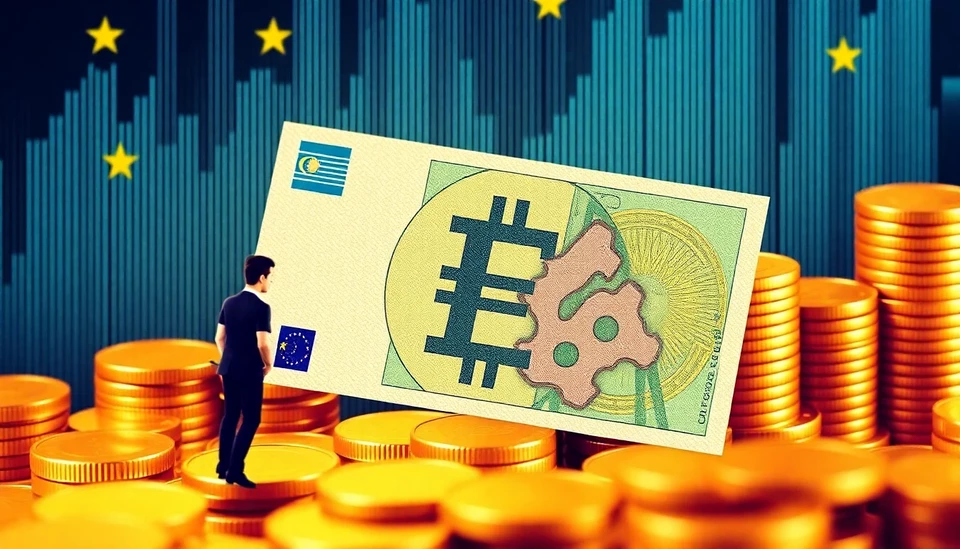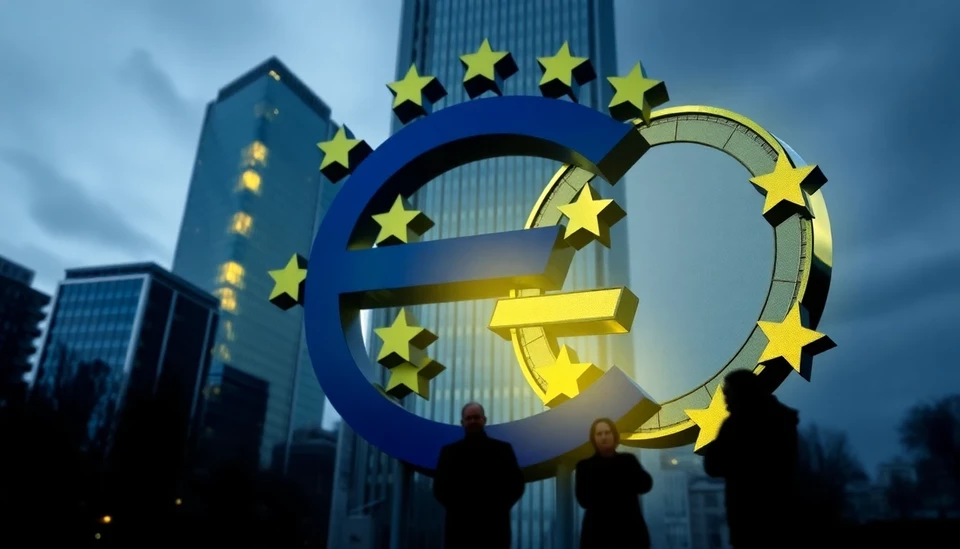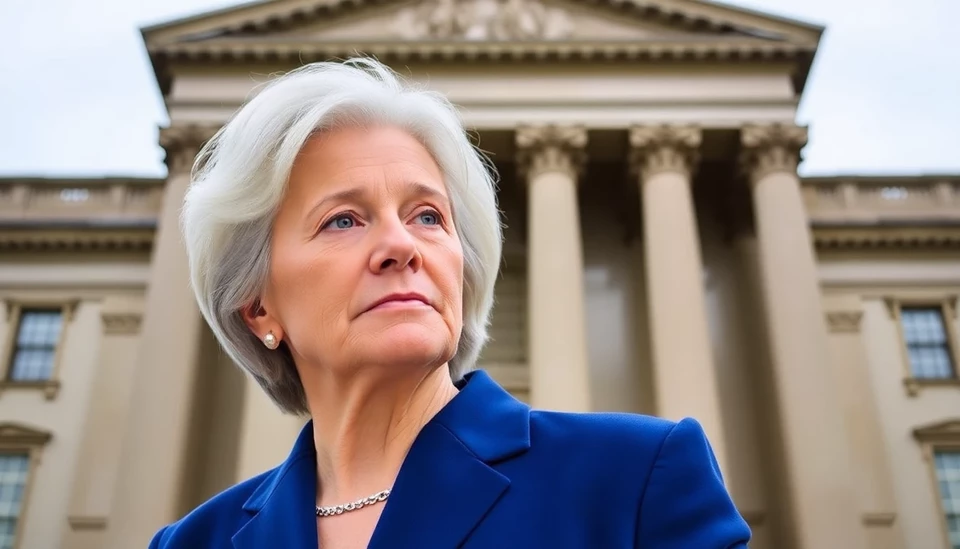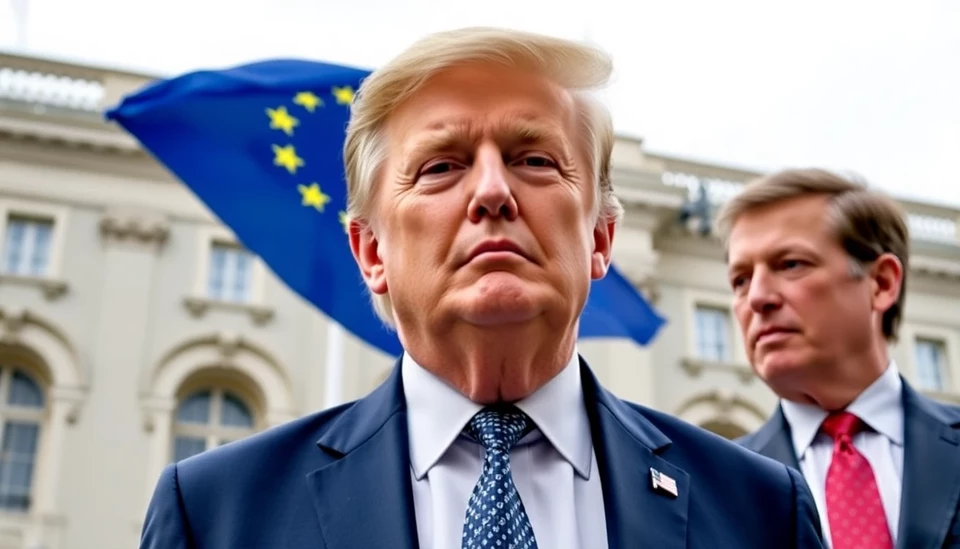
In a recent discussion, Fabio Panetta, a prominent official at the European Central Bank (ECB), addressed growing concerns among the public regarding the introduction of the digital euro and its potential impact on cash transactions. Contrary to fears that a digital currency may lead to the eradication of physical cash, Panetta asserted that the digital euro would be designed to complement, not replace, traditional paper money.
Panetta emphasized that one of the primary objectives of the digital euro initiative is to enhance the efficiency of digital payments while ensuring that cash remains a viable option for those who prefer it. This commitment is aimed at preserving monetary sovereignty in an increasingly cashless society and providing consumers with varied payment options, regardless of their technological access.
During a conference held on April 12, 2025, Panetta pointed out the increasing need to adapt to a digitized financial landscape while maintaining the benefits of cash transactions. He noted that a hybrid monetary system, where cash and digital currencies coexist, can provide resilience in financial situations and offer people the freedom to choose how they handle their money.
According to Panetta, the ECB is investing considerable effort into engaging citizens and stakeholders throughout the European Union ahead of the potential rollout of the digital euro. This feedback from the public is considered crucial in shaping a currency that aligns with the values and preferences of the European populace. Panetta mentioned plans to conduct public consultations to gather insights and address concerns surrounding the digital euro.
Furthermore, the digital euro aims to prevent the consolidation of financial power in the hands of a few major tech companies by providing a public alternative. Panetta stated that the digital euro would serve to promote competition and innovation in payment systems while ensuring that consumers are protected from potential data privacy concerns associated with private digital currencies.
As the ECB continues with its research on the digital euro, Panetta reassured the public that the institution remains dedicated to striking a balance between modern financial needs and the traditional practices that many still value. He noted that as the landscape of payments evolves, finding this equilibrium is essential to ensure that no demographic is left behind during the transition to a more digital economy.
Pushed by the rapid growth in online and contactless payments, the ECB is working diligently to prepare for the future while drawing on lessons learned from other countries exploring similar digital initiatives. Panetta highlighted the importance of a comprehensive strategy that takes into account technological advancements as well as consumer trust in any new financial system.
In conclusion, the introduction of the digital euro is not viewed as a threat to cash, but rather an opportunity to enhance the overall payment experience for consumers in Europe. The ECB's proactive approach to engaging with the public and emphasizing a core commitment to protecting the role of cash illustrates a thoughtful strategy in navigating the complexities of a rapidly changing financial landscape.
As the discussions surrounding the digital euro continue, both advocates and skeptics alike are encouraged to participate in the ongoing debate. The ECB's dedication to transparency and public involvement is a promising step in ensuring that the future of currency benefits everyone.
#DigitalEuro #Cash #ECB #Panetta #Finance #Currency #Payments #Innovation
Author: Laura Mitchell


